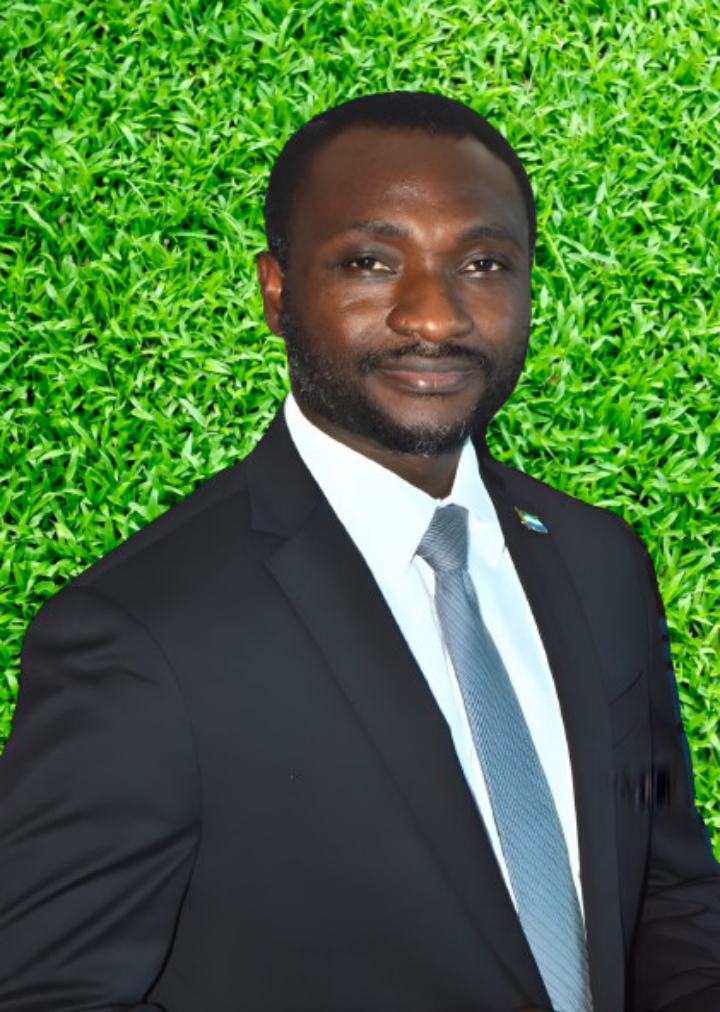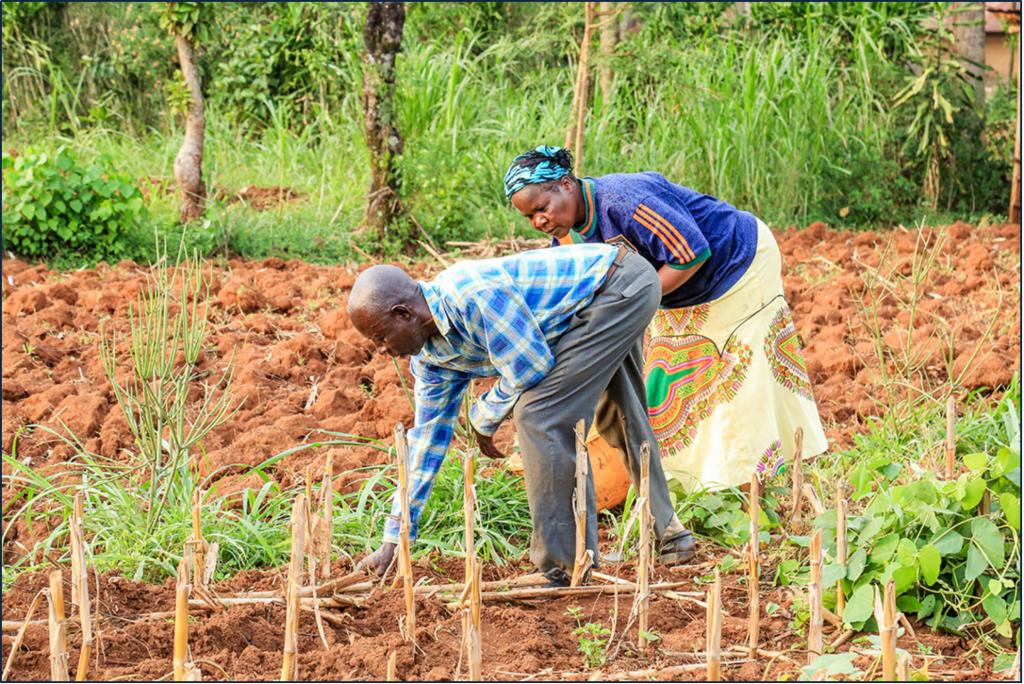By Dr Henry Musa Kpaka
A report published this month by the World Meteorological Organization (WMO) outlines the growing humanitarian crisis that the climate emergency is driving across the African continent. Lost crops, failed harvests, food shortages, and fluctuations in food prices contribute to economic turmoil while chronic undernourishment affects 20% of the continent’s 1.4 billion population.
Sierra Leone is no stranger to this. The climate crisis exacerbates the price hikes triggered by the war in Ukraine, which resulted in high food price inflation last year exceeding 50%, now stabilized at 27%. As outlined by the World Food Programme’s (WFP) Food Security Monitoring System, more than one million of Sierra Leoneans are severely food insecure and nearly three-quarters of households spend more than 75% of their total expenditure on food.
The frequency and severity of extreme weather patterns cause countries such as Sierra Leone to lose 2-5% of their gross domestic product (GDP) annually. Many countries divert up to 9% of their budgets into unplanned responses to storms, droughts, and floods. This places additional burdens on poverty alleviation efforts, thus compromising living standards, undermining food security initiatives, and putting many of the SDGs out of reach.
The message is clear – our current food systems need complete reform. However, with the political will and strong leadership of President Julius Maada Bio, Sierra Leone is setting a course to address these multiple challenges simultaneously.
Tackling multiple challenges for longer-term impacts
The President’s flagship programme for his second term, Feed Salone, aims to achieve just this: tackle multiple challenges simultaneously, enhance food self-sufficiency, build resilience throughout our food systems, and boost inclusive economic growth – all whilst ensuring that agricultural land does not encroach on our valuable forests. This will be done by sustainably increasing on-farm productivity through targeted policies, investment in critical infrastructure such as roads, bridges, irrigation, and power access, and industrial production in dedicated agro-industrial zones.
By making the agriculture sector more competitive and profitable for investment, we want to increase local production of our staple foods, lowering the high food import bill and increasing access to affordable nutrient-dense food. We also want to export more of our key cash crops such as organic cocoa and cashew to create new jobs, especially for women and youth.
Embracing new technologies and research is also vital. Feed Salone will help boost Sierra Leone’s agricultural growth rates and strengthen our food resilience in the process by using a range of techniques from mechanisation and irrigation to improved seed varieties and complementing this with climate-smart technologies and innovations.
Transitioning towards food systems fit for the future.
It was against this backdrop of challenges and opportunities that the Africa Food Systems Forum (AFS Forum) took place in Kigali, Rwanda, from 2-6 September 2024. Now in its 18th year, the AFS Forum sought to pave the way for productive, inclusive, and resilient food systems, by embracing innovation, sharing lessons that will help countries like Sierra Leone become more self-sufficient and productive, and advancing progress towards the SDGs by 2030.
The AFS Forum noted that while substantial progress has been made, overall action to transform food systems is not yet advancing at the speed or scale required, and considerable challenges remain. From policy coordination and delivery mechanisms to climate impacts, from infrastructural gaps to fractured markets, from food loss and waste to limited innovation, from rapid demographic growth and migration to biodiversity loss, these challenges – and many others – are complex and will take huge coordination, investment, and political will to address.
Investment will be crucial to drive this transformation and to make the agriculture sector more competitive. Backed by a commitment to the President’s Feed Salone vision, the African Development Bank (AfDB) pledged at least USD 100 million in support during the Sierra Leone Country Deal Room, adding to the USD 480 million already committed by the Arab Bank for Economic Development in Africa (BADEA) and the Organization of the Petroleum Exporting Countries (OPEC) Fund during the OPEC Fund’s Energy and Food Security Roundtable in Vienna, Austria, this June.
Leading by example
Sierra Leone is proud to co-chair and be a founding member of the Alliance of Champions for Food System Transformation (ACF), launched at the 2023 UN Climate Change Conference (UNFCCC COP 28). This initiative complements our Feed Salone Strategy by fostering policy coherence and demonstrating what is possible in transforming food systems. In Sierra Leone, with the full support of the President, we are working across government ministries to deliver on this ambitious but essential agenda. Under the direct oversight of the President, we are collaborating closely with ministerial colleagues from finance, environment, energy, health, nutrition, and transport to update our National Pathway and integrate the ACF’s ten action areas into our national plan.
Transforming a country’s food systems is a complex task, but with strong leadership and targeted investments, we are ready to overcome the challenges. By aligning the Feed Salone Strategy with the ACF’s vision, we are committed to bold, forward-thinking actions that will reshape our agricultural sector. I invite all stakeholders to join us on this journey as we work together to build resilient, sustainable food systems for the benefit of Sierra Leone today and future generations.
About the Author

Dr Henry Musa Kpakais the Minister for Agriculture and Food Security, Sierra Leone
